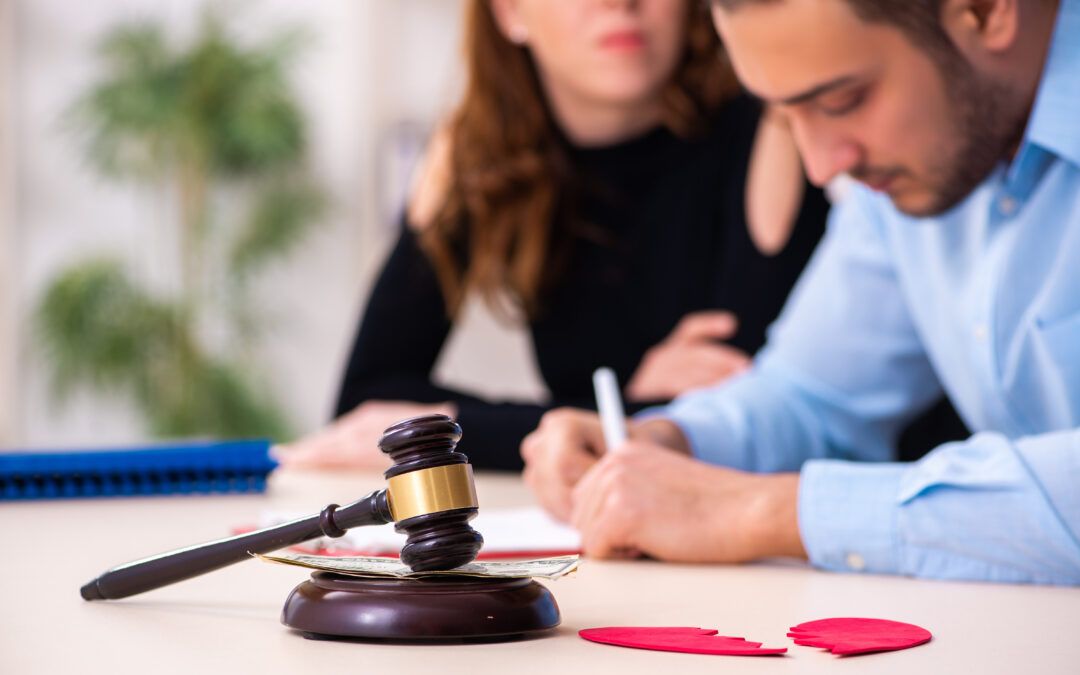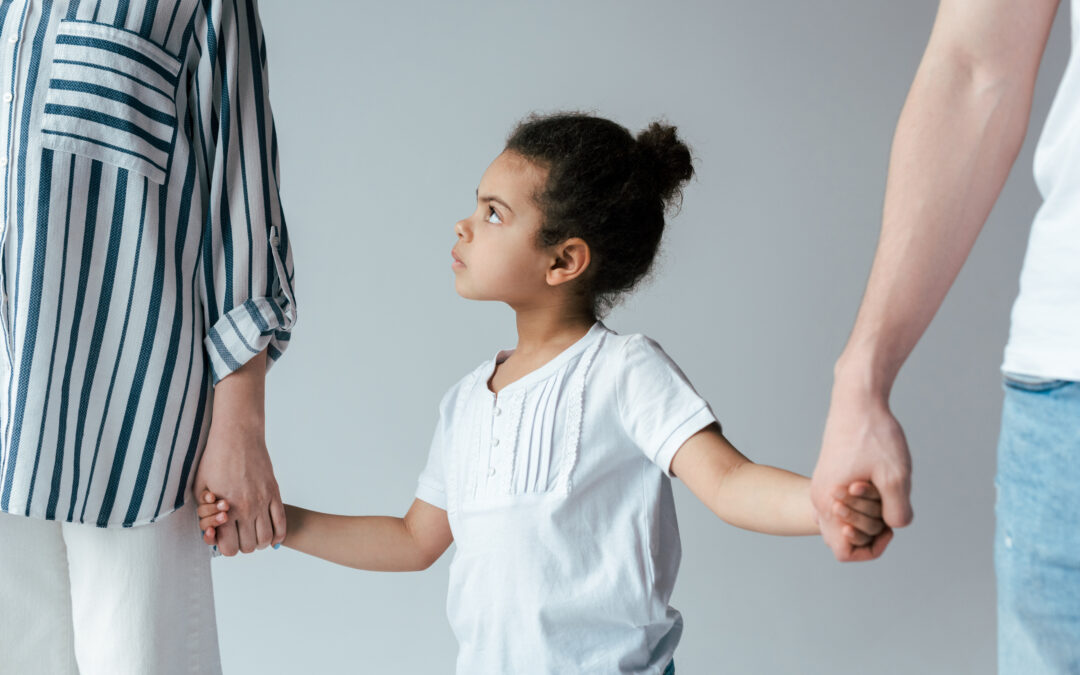
How Does Alimony Work? An Essential Guide for Understanding Alimony Laws
How Does Alimony Work? An Essential Guide for Understanding Alimony Laws
Alimony comes down to two basic pieces of information – need and ability to pay. After the need and ability to pay have been established, the court will consider other important factors such as the length of the marriage and fault. Just because the parties have been married a long time or one spouse makes a lot of money, does not automatically mean there will be alimony. While fault, such as infidelity, can be considered by the Court, fault does not automatically mean there will be alimony ordered in any given divorce either.
Alabama Law and Alimony
In Alabama, Alimony is governed by Alabama Code 30-2-57, the entire text of which is stated below. The divorce court is required to make a multiple-part analysis and issue an order containing specific findings of fact stating why alimony was ordered pursuant to the statute. If the Judgment of Divorce fails to contain those findings, it can be reversed by the Court of Civil Appeals.
The first key factors are the need and ability to pay. Both of these must be present for a court to award alimony in a divorce. If the need and ability to pay are both present, the award of alimony must still be fair considering the overall totality of the circumstances of that specific case.
The key factors a Court will consider that relate to the potential receiving spouse’s need would be any separate assets of that spouse, what assets they are receiving in the divorce, and what the lifestyle of the parties was like during the marriage. The court will also consider their own ability to earn, which considers their employment history, educational background, age, physical health, and other factors. The court must find that the receiving spouse cannot support themselves, through earnings, assets, or a combination, without receiving support from the other spouse, in order to award alimony.
If the Court determines that the requisite need does exist, then the Court must consider the paying spouse’s ability to pay. The ability to pay means that the paying spouse must be able to financially provide the support without incurring undue financial hardship themselves. In determining ability to pay, the Court will consider the paying spouse’s earnings, or ability to earn, their assets, and the amount of any obligations they will be required to pay in the divorce, including marital debts and child support.
Once the need and ability to pay have been established, the next key factor is the length of the marriage. According to the alimony statute, the Court cannot order periodic (or permanent) alimony in a divorce, absent extraordinary circumstances, unless the parties have been married over 20 years. If the parties have been married less than 20 years, it is presumed that any alimony would be rehabilitative alimony, which is limited to a time certain and designed to help the receiving spouse get back on their feet and eventually be self-supporting after the divorce. It is also presumed that rehabilitative alimony should not exceed five years. In any marriage less than 20 years, alimony should also not be awarded for a period longer than the marriage, absent extraordinary circumstances.
If alimony is at issue in your divorce, it is important that you have an experienced lawyer who can help you navigate the potentially complex legal analysis involved when a Court considers awarding alimony in a divorce.
30-2-57. Rehabilitative or periodic alimony
(a) Upon granting a divorce or legal separation, the court shall award either rehabilitative or periodic alimony as provided in subsection (b), if the court expressly finds all of the following:
(1) A party lacks a separate estate or his or her separate estate is insufficient to enable the party to acquire the ability to preserve, to the extent possible, the economic status quo of the parties as it existed during the marriage.
(2) The other party has the ability to supply those means without undue economic hardship.
(3) The circumstances of the case make it equitable.
(b) If a party has met the requirements of subsection (a), the court shall award alimony in the following priority:
(1) Unless the court expressly finds that rehabilitative alimony is not feasible, the court shall award rehabilitative alimony to the party for a limited duration, not to exceed five years, absent extraordinary circumstances, of an amount to enable the party to acquire the ability to preserve, to the extent possible, the economic status quo of the parties as it existed during the marriage.
(2) In cases in which the court expressly finds that rehabilitation is not feasible, a good-faith attempt at rehabilitation fails, or good-faith rehabilitation only enables the party to partially acquire the ability to preserve, to the extent possible, the economic status quo of the parties as it existed during the marriage, the court shall award the party periodic installments of alimony for a duration and an amount to allow the party to preserve, to the extent possible, the economic status quo of the parties as it existed during the marriage as provided in subsection (g).
(c) In cases in which a party has proven a lack of means to acquire the ability to preserve, to the extent possible, the economic status quo of the parties as it existed during the marriage, but there exists a present inability of the other party to supply those means, a court, when the circumstances of the case make it equitable, shall reserve jurisdiction to award rehabilitative or periodic alimony. If there is neither an award of alimony nor a reservation of jurisdiction at the time of the divorce, the court shall permanently lose jurisdiction to subsequently make an award of rehabilitative or periodic alimony.
(d) In determining whether a party has a sufficient separate estate to preserve, to the extent possible, the economic status quo of the parties as it existed during the marriage, the court shall consider any and all relevant evidence, including all of the following:
(1) The party’s own individual assets.
(2) The marital property received by or awarded to the party.
(3) The liabilities of the party following the distribution of marital property.
(4) The party’s own wage-earning capacity, taking into account the age, health, education, and work experience of the party as well as the prevailing economic conditions.
(5) Any benefits that will assist the party in obtaining and maintaining gainful employment.
(6) That the party has primary physical custody of a child of the marriage whose condition or circumstances make it appropriate that the party not be required to seek employment outside the home.
(7) Any other factor the court deems equitable under the circumstances of the case.
(e) In determining whether the other party has the ability to pay alimony, the court shall consider any and all evidence, including all of the following:
(1) His or her own individual assets, except those assets protected from use for the payment of alimony by federal law.
(2) The marital property received by or awarded to him or her.
(3) His or her liabilities following the distribution of marital property.
(4) His or her net income.
(5) His or her wage-earning ability, considering his or her age, health, education, professional licensing, work history, family commitments, and prevailing economic conditions.
(6) That he or she has primary physical custody of a child of the marriage whose condition or circumstances make it appropriate that he or she not be required to maintain employment outside the home.
(7) Any other factor the court deems equitable under the circumstances of the case.
(f) In determining whether the award of rehabilitative or periodic alimony is equitable, the court shall consider all relevant factors including all of the following:
(1) The length of the marriage.
(2) The standard of living to which the parties became accustomed during the marriage.
(3) The relative fault of the parties for the breakdown of the marriage.
(4) The age and health of the parties.
(5) The future employment prospects of the parties.
(6) The contribution of the one party to the education or earning ability of the other party.
(7) The extent to which one party reduced his or her income or career opportunities for the benefit of the other party or the family.
(8) Excessive or abnormal expenditures, destruction, concealment, or fraudulent disposition of property.
(9) All actual damages and judgments from conduct resulting in criminal conviction of either spouse in which the other spouse or child of the marriage was the victim.
(10) Any other factor the court deems equitable under the circumstances of the case.
(g) Except upon a finding by the court that a deviation from the time limits of this section is equitably required, a person shall be eligible for periodic alimony for a period not to exceed the length of the marriage, as of the date of the filing of the complaint, with the exception that if a party is married for 20 years or longer, there shall be no time limit as to his or her eligibility.
(h) An order awarding rehabilitative or periodic alimony may be modified based upon application and a showing of material change in circumstances.
(i) Rehabilitative or periodic alimony awarded under this section terminates as provided in Section 30-2-55, or upon the death of either spouse.
Ala. Code 30-2-57 Rehabilitative or periodic alimony (Code Of Alabama (2024 Edition))

Author: Alison Herlihy
Family law attorney Alison Herlihy is a native of Mobile, Alabama. Alison has engaged in the private practice of family law since 2005, focusing primarily on domestic relations, divorce and child support, child custody law, adoption law, juvenile, probate practice, and wills.
Alison Baxter Herlihy earned the prestigious AV Preeminent peer review rating from Martindale-Hubbell, which recognizes attorneys for the highest levels of legal ability and professional ethical standards. Alison is a certified Guardian Ad Litem. In 2015, Alison became a Registered Mediator on the Alabama State Court Mediator Roster, in both general and domestic relations mediation.




